The Legacy Of Xbox On Windows 7: A Comprehensive Guide
The Legacy of Xbox on Windows 7: A Comprehensive Guide
Related Articles: The Legacy of Xbox on Windows 7: A Comprehensive Guide
Introduction
With enthusiasm, let’s navigate through the intriguing topic related to The Legacy of Xbox on Windows 7: A Comprehensive Guide. Let’s weave interesting information and offer fresh perspectives to the readers.
Table of Content
The Legacy of Xbox on Windows 7: A Comprehensive Guide

The Xbox brand has evolved significantly since its inception, moving beyond dedicated consoles to encompass a wider gaming ecosystem. This evolution has included the integration of Xbox experiences on personal computers, allowing players to enjoy their favorite titles across various platforms. While Windows 7 is no longer officially supported by Microsoft, understanding its historical relationship with Xbox can provide valuable insights into the evolution of gaming technology.
A Look Back at the Xbox on Windows 7 Era
Windows 7, released in 2009, was a popular operating system during the rise of digital distribution and the growing prominence of Xbox Live. This period saw the introduction of several key features that facilitated the integration of Xbox experiences on Windows PCs:
- Games for Windows – LIVE: This platform, launched in 2008, aimed to bring the online features of Xbox Live to PC gaming. It offered features like achievements, leaderboards, and online multiplayer, creating a unified experience for gamers across platforms.
- Xbox 360 Controller Support: Windows 7 provided native support for the Xbox 360 controller, making it a popular choice for PC gamers seeking a comfortable and familiar control scheme.
- Windows Store: While the Windows Store as we know it today emerged later, its predecessors during the Windows 7 era offered a platform for purchasing and downloading games. This paved the way for digital distribution of Xbox-related content on PCs.
The Rise of Xbox on Windows
While Windows 7 did not offer a direct "Xbox Download" feature, it served as a stepping stone for the future of Xbox on Windows. Subsequent operating systems like Windows 8 and Windows 10 saw the introduction of features like:
- Xbox App: This dedicated application became the central hub for managing Xbox experiences on Windows. It allowed users to access their Xbox Live profile, download games, manage their library, and even stream gameplay from their Xbox console to their PC.
- Xbox Game Pass: This subscription service revolutionized gaming on Windows by offering access to a vast library of games for a monthly fee. It provided a convenient and cost-effective way to explore a wide range of titles.
- Xbox Cloud Gaming: This service allows players to stream Xbox games directly to their Windows PC, eliminating the need for a powerful gaming rig.
Understanding the Limitations of Xbox on Windows 7
While Windows 7 offered some integration with Xbox, it lacked the full breadth of features found in later operating systems. Key limitations included:
- No Xbox App: Windows 7 lacked a dedicated Xbox application, making it difficult to manage Xbox Live features and access game libraries.
- Limited Game Pass Integration: While some games from the Xbox Game Pass library might have been playable on Windows 7, the service itself was not officially supported.
- Lack of Cloud Gaming Support: Windows 7 did not support Xbox Cloud Gaming, requiring players to rely on traditional game downloads or physical copies.
FAQ: Xbox on Windows 7
Q: Can I download Xbox games on Windows 7?
A: While some games might be available through traditional download platforms, Windows 7 did not offer a dedicated "Xbox Download" feature. The Xbox App, introduced in later operating systems, was essential for accessing and managing Xbox game libraries.
Q: Can I use my Xbox 360 controller on Windows 7?
A: Yes, Windows 7 provided native support for the Xbox 360 controller. This made it a popular choice for PC gamers seeking a familiar and comfortable control scheme.
Q: Can I access Xbox Live on Windows 7?
A: You could access Xbox Live on Windows 7 through Games for Windows – LIVE, but this platform offered a limited set of features compared to the modern Xbox App.
Q: Is Xbox Game Pass available on Windows 7?
A: Xbox Game Pass was not officially supported on Windows 7. While some games from the library might have been playable, accessing the service required alternative methods.
Tips for Utilizing Xbox Experiences on Windows 7
- Explore Games for Windows – LIVE: This platform offered a limited but functional way to connect with Xbox Live on Windows 7.
- Use a Third-Party Controller Manager: If you want to use a different controller, consider using a third-party software to configure its input on Windows 7.
- Download Games from Traditional Platforms: Explore platforms like Steam, GOG, and other digital distributors for games that might offer compatibility with Windows 7.
Conclusion
Windows 7 played a role in the early integration of Xbox experiences on personal computers, paving the way for the modern Xbox on Windows ecosystem. While it lacked the dedicated features of later operating systems, it offered a glimpse into the future of cross-platform gaming. The evolution of Xbox on Windows has resulted in a robust and immersive experience, allowing players to enjoy their favorite titles across multiple devices. As technology continues to advance, the future of Xbox on Windows holds exciting possibilities for gamers seeking seamless and integrated gaming experiences.
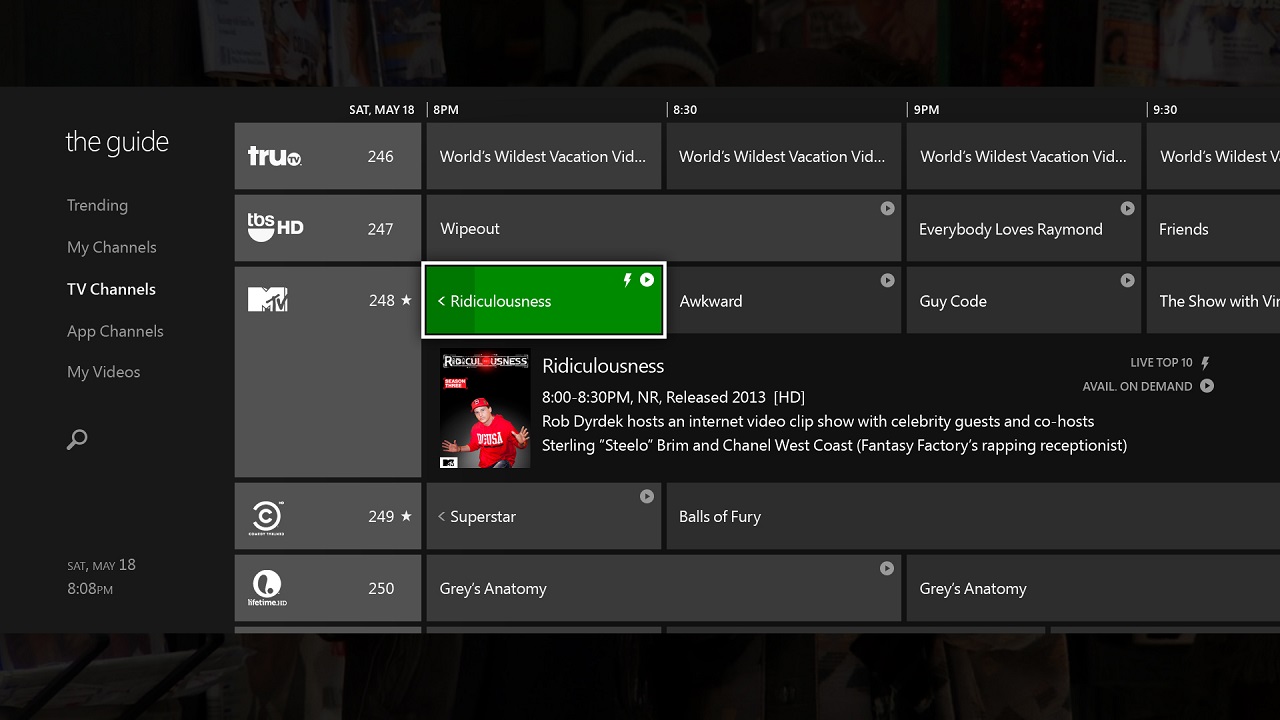
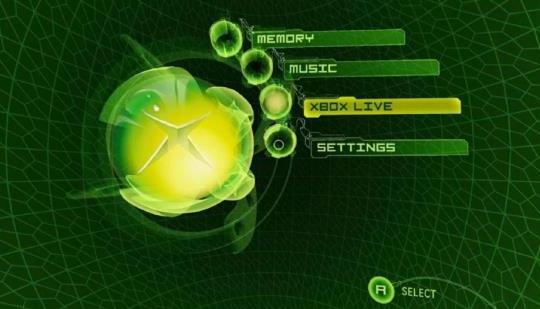



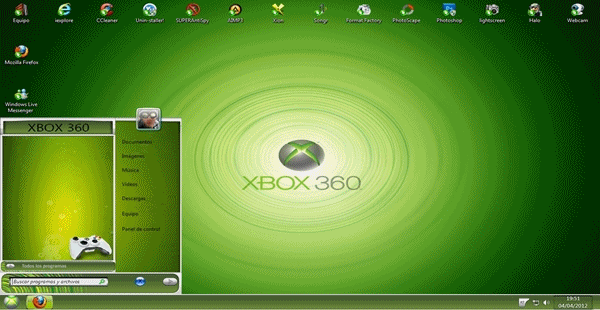
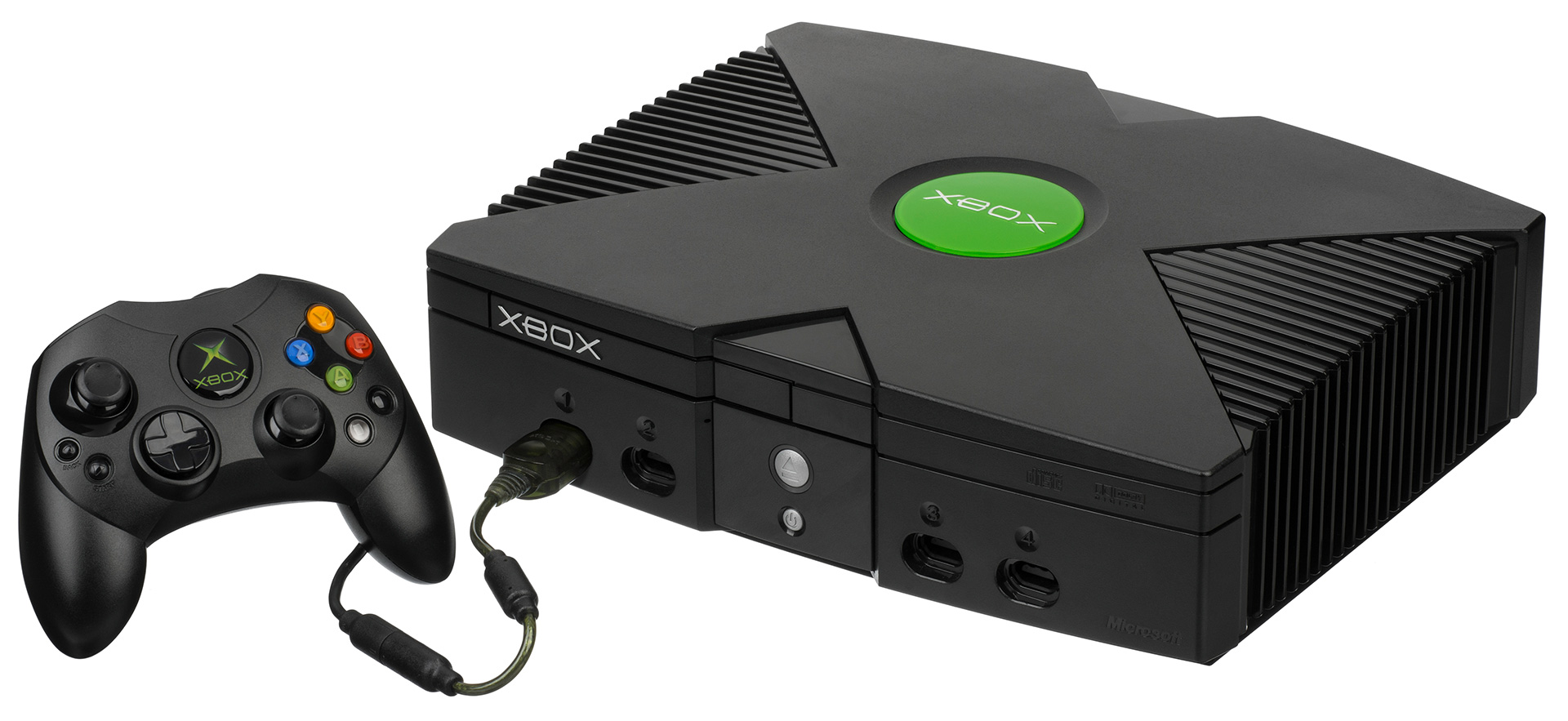
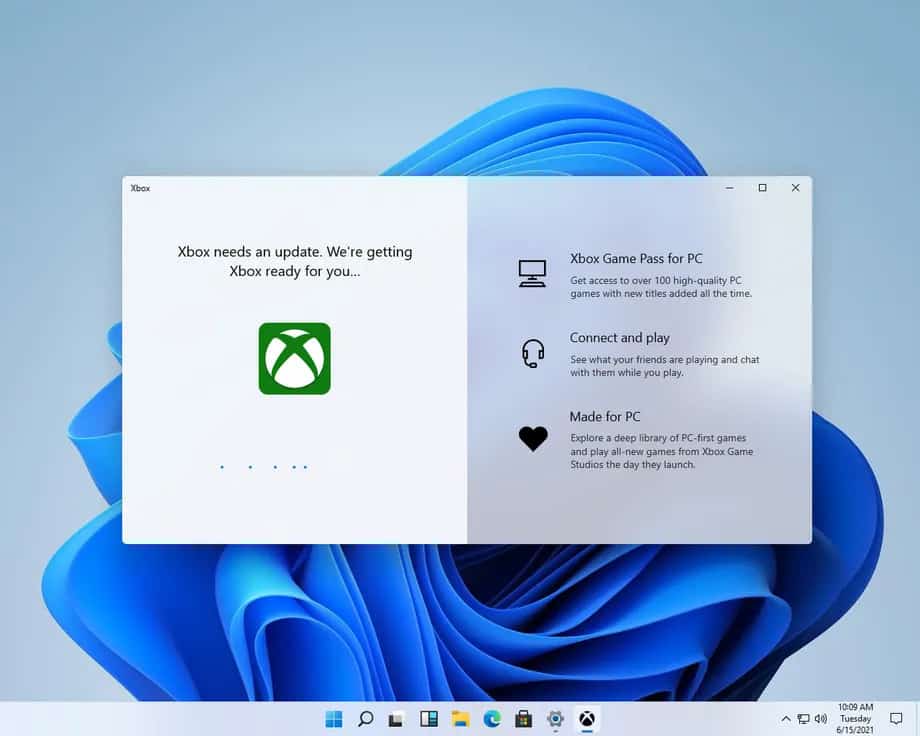
Closure
Thus, we hope this article has provided valuable insights into The Legacy of Xbox on Windows 7: A Comprehensive Guide. We thank you for taking the time to read this article. See you in our next article!